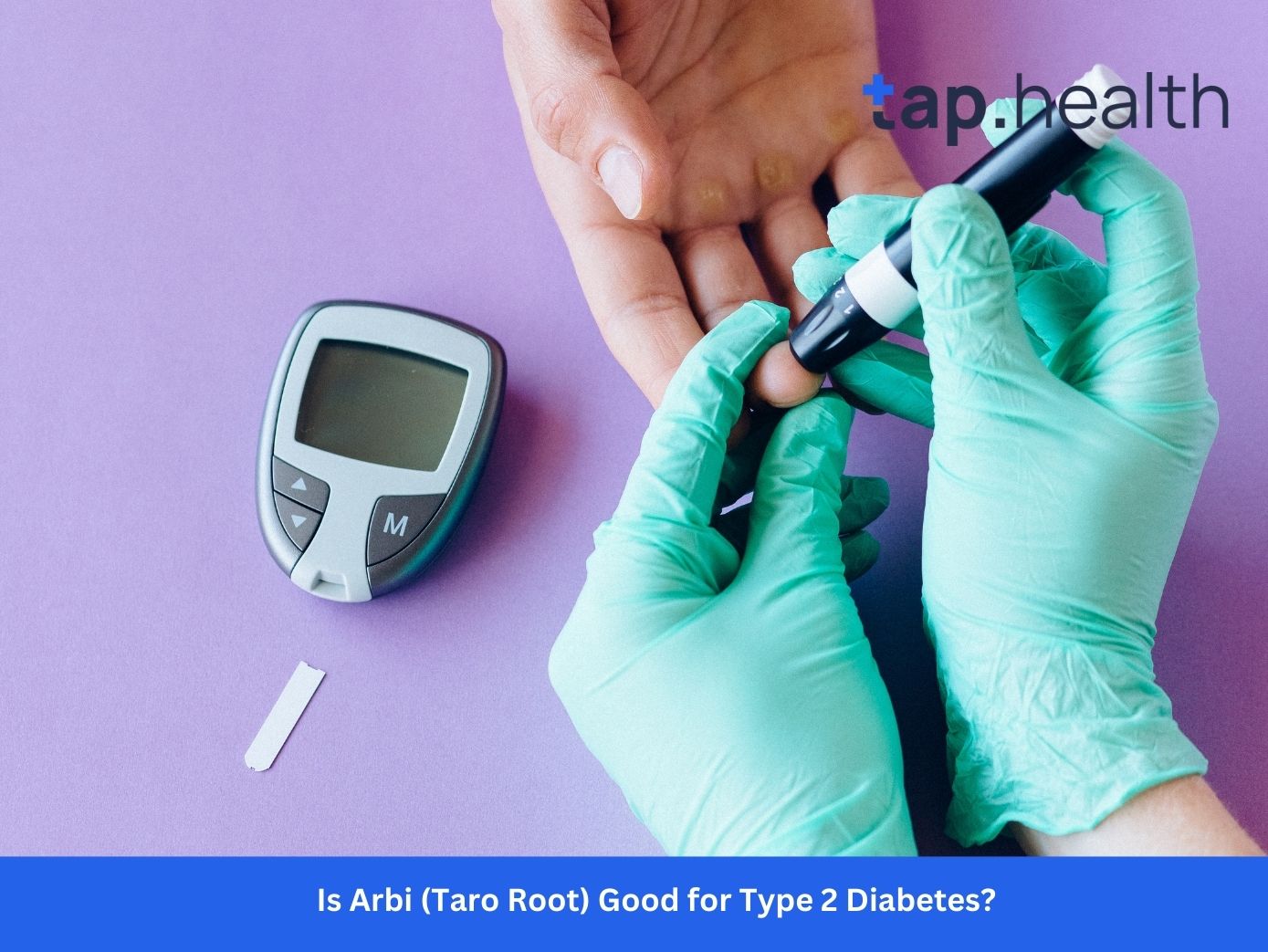Loose motions, commonly known as diarrhea, can disrupt daily life with frequent watery stools, abdominal discomfort, and dehydration risks. Managing this condition effectively involves understanding its causes, recognizing symptoms, and applying practical remedies. This blog explores proven home remedies for loose motions, dietary considerations, and when to seek medical attention, ensuring a swift recovery. By addressing these aspects, you can regain control of your digestive health and prevent complications.
What Are Loose Motions?
Loose motions refer to frequent, watery bowel movements that deviate from normal stool consistency. This gastrointestinal issue can be acute (short-term) or chronic (persistent), depending on its cause. Dehydration is a primary concern due to fluid loss, making hydration a critical part of management. Recognizing the triggers and symptoms helps in addressing loose motions effectively.
Common Causes of Loose Motions
Loose motions can stem from various factors, including:
- Infections: Bacterial, viral, or parasitic infections, often from contaminated food or water, are common culprits.
- Food Poisoning: Consuming spoiled or improperly handled food can trigger diarrhea.
- Medications: Certain drugs, like antibiotics, may disrupt gut flora, leading to loose stools.
- Medical Conditions: Disorders like irritable bowel syndrome (IBS) or inflammatory bowel disease (IBD) can cause chronic diarrhea.
- Stress and Anxiety: The gut-brain connection means emotional stress can manifest as digestive issues.
Understanding the root cause is key to choosing the right treatment, whether through home remedies or medical intervention.
Recognizing Symptoms of Loose Motions
Identifying the symptoms of loose motions ensures timely management. Common signs include:
- Frequent Watery Stools: Increased bowel movement frequency with loose consistency.
- Abdominal Discomfort: Cramping or pain, ranging from mild to severe.
- Dehydration Signs: Dry mouth, dizziness, or reduced urine output due to fluid loss.
- Other Symptoms: Fever, fatigue, loss of appetite, or changes in stool color (yellowish to greenish hues).
In severe cases, blood or mucus in the stool may indicate a need for immediate medical attention. Monitoring these symptoms helps determine the condition’s severity and appropriate response.
Effective Home Remedies for Loose Motions
Home remedies can alleviate discomfort and promote recovery from loose motions. Here are proven natural treatments:
1. Stay Hydrated
Frequent bowel movements lead to fluid and electrolyte loss. Drink plenty of water, herbal teas, or oral rehydration solutions (ORS) to replenish fluids. ORS, available at pharmacies, contains essential salts to restore electrolyte balance.
2. Consume Probiotics
Probiotics, found in yogurt or kefir, help restore healthy gut bacteria disrupted by diarrhea. Opt for plain, unsweetened varieties to avoid irritating the digestive system.
3. Follow the BRAT Diet
The BRAT diet (bananas, rice, applesauce, toast) is gentle on the stomach and helps firm up stools. These foods are low in fiber and easy to digest, reducing irritation.
4. Try Ginger or Chamomile Tea
Ginger and chamomile have anti-inflammatory properties that soothe the digestive tract. A warm cup of either tea can reduce cramping and promote calm.
5. Incorporate Soluble Fiber
Foods like oats, carrots, or peeled apples provide soluble fiber, which absorbs excess water in the gut, helping regulate bowel movements.
Over-the-Counter Solutions for Loose Motions
For quick relief, over-the-counter (OTC) medications like loperamide (Imodium) can reduce bowel movement frequency. However, use these under guidance from a healthcare professional, as they may mask underlying issues. Always address the root cause, especially in cases of infection or chronic conditions.
Foods to Avoid During Loose Motions
Certain foods can worsen diarrhea by irritating the digestive system. Avoid the following:
- Spicy Foods: Peppers or spicy seasonings can aggravate the gut.
- Greasy or Fried Foods: High-fat foods are hard to digest and may increase stool frequency.
- Caffeine and Alcohol: These can dehydrate the body and stimulate bowel movements.
- Dairy Products: Lactose can be difficult to digest during diarrhea, except for probiotic-rich yogurt.
- Sugary Foods: High-sugar items, like sodas or sweets, may draw water into the intestines, worsening symptoms.
Sticking to bland, easily digestible foods supports recovery and minimizes irritation.
Importance of Hydration During Loose Motions
Dehydration is a significant risk during loose motions, especially for children, the elderly, or those with prolonged symptoms. To stay hydrated:
- Drink Oral Rehydration Solutions: These are more effective than water alone for replacing lost electrolytes.
- Sip Clear Fluids: Water, clear broths, or herbal teas help maintain fluid levels.
- Avoid Sugary Drinks: Sports drinks or sodas may worsen diarrhea due to high sugar content.
Monitor for dehydration symptoms like dry mouth, lethargy, or dark urine, and act promptly to restore hydration.
When to Seek Medical Attention
While home remedies can manage mild cases, certain situations require professional care:
- Persistent Symptoms: Loose motions lasting more than 2-3 days.
- Severe Symptoms: Blood or mucus in stools, high fever, or severe abdominal pain.
- Dehydration Signs: Inability to keep fluids down, dizziness, or reduced urine output.
- High-Risk Groups: Pregnant women, infants, the elderly, or those with chronic conditions like IBS or weakened immune systems should seek early intervention.
A doctor may conduct tests to identify infections, parasites, or underlying conditions and prescribe treatments like antibiotics or anti-parasitic medications.
Medical Treatments for Loose Motions
For severe or chronic cases, medical intervention may include:
- Antibiotics: For bacterial infections causing diarrhea.
- Anti-Parasitic Medications: To treat parasitic infections like giardia.
- Diagnostic Tests: Stool tests or imaging to identify conditions like IBS or IBD.
- IV Fluids: For severe dehydration, administered in a medical setting.
A healthcare provider will tailor treatment based on the cause and severity of symptoms, ensuring a full recovery.
Managing Stress to Prevent Loose Motions
Stress and anxiety can trigger or worsen loose motions due to the gut-brain connection. Incorporate stress-relief practices like:
- Deep Breathing: Calms the nervous system and reduces gut irritation.
- Meditation: Promotes relaxation and supports digestive health.
- Light Exercise: Activities like yoga or walking can alleviate stress-related symptoms.
Addressing emotional well-being complements physical treatments for a holistic approach.
Preventing Loose Motions
Preventive measures can reduce the risk of loose motions:
- Practice Good Hygiene: Wash hands thoroughly before eating or preparing food.
- Avoid Contaminated Food/Water: Ensure food is properly cooked and water is clean.
- Manage Stress: Regular relaxation practices can prevent stress-induced diarrhea.
- Monitor Medications: Discuss side effects with your doctor if medications trigger loose motions.
These steps promote long-term digestive health and minimize recurrence.
Conclusion
Loose motions can be uncomfortable, but with the right approach, recovery is achievable. By understanding the causes, recognizing symptoms, and applying effective home remedies like the BRAT diet, probiotics, and hydration, you can manage mild cases at home. Avoiding irritant foods and maintaining fluid intake are crucial for preventing complications like dehydration. For persistent or severe symptoms, seek medical advice promptly to address underlying issues. By combining these strategies with stress management and preventive measures, you can take charge of your digestive health and minimize the impact of loose motions.



